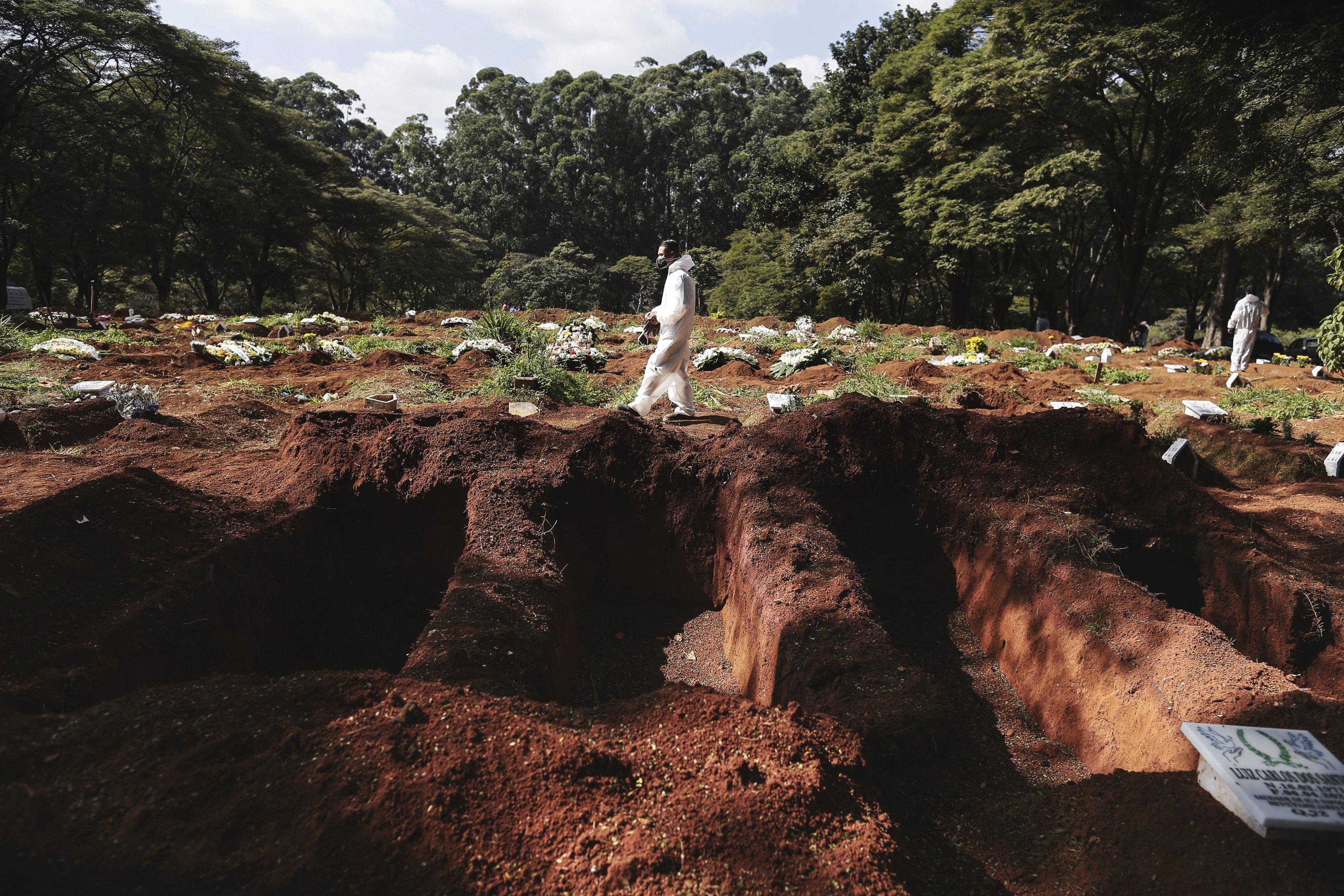The world had a chance to avoid the pandemic—but blew it, finds report
In a new report, independent experts detail the ‘toxic cocktail’ of poor choices and systemic failures that created the current pandemic catastrophe.

The covid-19 pandemic is a catastrophe that could have been averted, say a panel of 13 independent experts tasked with assessing the global response to the crisis.
Their report, released May 12 and commissioned by the WHO, lambasts global leaders who failed to heed repeated warnings, wasted time, hoarded information and desperately needed supplies, and failed to take the crisis seriously. While some countries took aggressive steps to curb the spread of the virus, “many countries, including some of the wealthiest, devalued the emerging science, denied the disease’s severity, delayed responding, and ended up sowing distrust among citizens with literally deadly consequences,” said Helen Clark, cochair of the Independent Panel for Pandemic Preparedness and Response and former prime minister of New Zealand, on Wednesday.
The report —COVID-19: Make It the Last Pandemic — takes a hard look at why we failed to curb the spread of the coronavirus. It also looks to the future, highlighting strategies for ending the current crisis and avoiding future ones.
Here are five key takeaways:
- We had an opportunity to avoid disaster in early 2020, and we squandered it. “The combination of poor strategic choices, unwillingness to tackle inequalities, and an uncoordinated system created a toxic cocktail which allowed the pandemic to turn into a catastrophic human crisis,” the authors write.
- Vaccine supply must be boosted and shots redistributed. The report calls on rich countries to provide a billion vaccine doses to low- and middle-income countries by September 2021 and another billion by the middle of next year. It also pushes for vaccine makers to offer up licensing and technology transfer agreements. And if those agreements don’t come within three months, it calls for an automatic waiver so that production can begin where the shots are most needed.
- The World Health Organization needs more power and more money. The WHO should have the authority to investigate pathogens with pandemic potential in any country on short notice, and to publish information about outbreaks without approval from national governments.
- A new organization is needed to help the WHO. The report calls for the formation of a Global Health Threats Council composed of heads of state to ensure that countries stay committed to pandemic preparedness and to hold countries accountable if they fail to curb outbreaks.
- The pandemic’s impact on nearly every aspect of daily life is hard to overstate. More than 3 million people have died of covid-19, including at least 17,000 health workers. The crisis provided “the deepest shock to the global economy since the Second World War and the largest simultaneous contraction of national economies since the Great Depression,” the panel writes. The crisis pushed more than a hundred million people into extreme poverty. “Most dispiriting is that those who had least before the pandemic have even less now,” they add. <
Deep Dive
Biotechnology and health
How scientists traced a mysterious covid case back to six toilets
When wastewater surveillance turns into a hunt for a single infected individual, the ethics get tricky.
An AI-driven “factory of drugs” claims to have hit a big milestone
Insilico is part of a wave of companies betting on AI as the "next amazing revolution" in biology
The quest to legitimize longevity medicine
Longevity clinics offer a mix of services that largely cater to the wealthy. Now there’s a push to establish their work as a credible medical field.
There is a new most expensive drug in the world. Price tag: $4.25 million
But will the latest gene therapy suffer the curse of the costliest drug?
Stay connected
Get the latest updates from
MIT Technology Review
Discover special offers, top stories, upcoming events, and more.